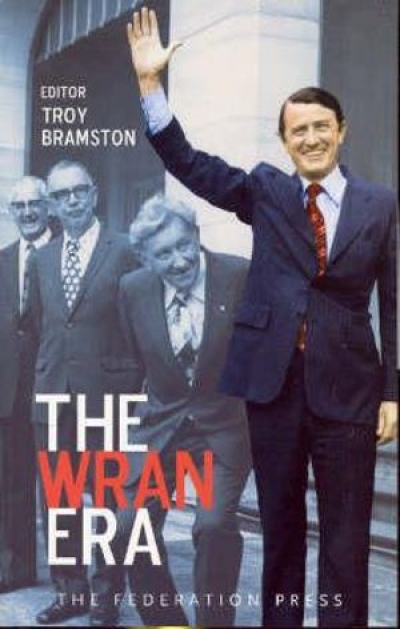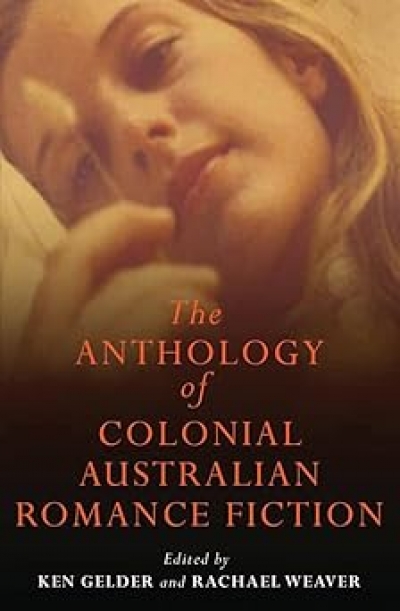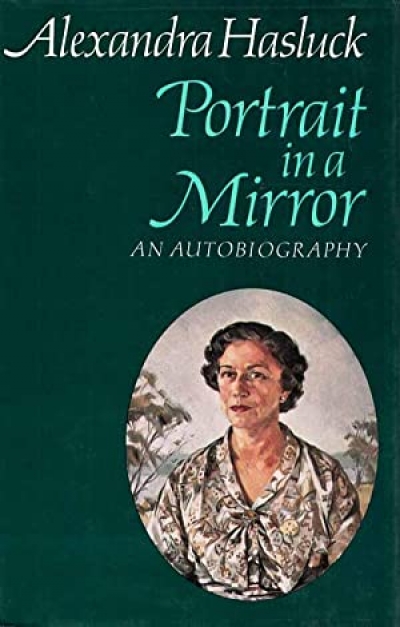Accessibility Tools
- Content scaling 100%
- Font size 100%
- Line height 100%
- Letter spacing 100%
Current Issue
Short story
Jolley Prize 2016 (Shortlist): 'Ash' by Anthony Lawrence
When he steps outside and pulls off the mask, it feels like removing a second face, the one he keeps from the ones who wouldn't understand and those who would ...
Commentary
Stone face: The history and prehistory of deadpan
A deadpan comedian maintains a straight face or an even tone while delivering ridiculous content. As a performance of humourlessness that makes people laugh, deadpan registers tensions in contemporary culture. Comedy is among the most popular modes of entertainment and social commentary: the Melbourne International Comedy Festival, for example, is Australia’s largest ticketed cultural event, with attendances of up to 770,000. But over the past few years, criticism of comedy’s traditional reliance on stereotypes and its misogynistic and homophobic industry conditions has intensified as high-profile comedians (Bill Cosby, Louis C.K.) were denounced or tried for sexual misconduct and as a new generation of ‘woke’ comedians have engaged with a resurgent cultural earnestness, often disparaged as ‘PC humourlessness’.
The ABR Podcast
PODCAST
The ABR Podcast
The ABR Podcast is released every Thursday and features reviews, poetry, fiction, interviews, and commentary. Subscribe via iTunes, Google, or Spotify, or your favourite podcast app.
Interview
Madonna Duffy is Publisher of the Month
Interview
Open Page with Patrick Allington
Interview
Publisher of the Month with Henry Rosenbloom
From the Archive
The Wran Era edited by Troy Bramston
Neville Wran was nothing if not sartorial. He represented the new generation of politicians – dapper, immaculately tailored, effortlessly elegant – and stood out from his Labor colleagues in their crumpled suits and gaudy ties. His dress sense was not merely a matter of personal taste but also a political statement. He once appeared on the podium of a Labor party conference perspiring uncomfortably in the glare of the arc lights. A colleague leaned over and urged him to take off his jacket. Wran retorted, ‘What! And look like a Labor politician.’ It was classic Nev.
From the Archive
The Anthology of Colonial Australian Romance Fiction edited by Ken Gelder and Rachael Weaver
The dreamy-eyed young girl from Peter Weir’s film Picnic at Hanging Rock, whose image adorns the cover of this anthology, gives a misleading impression of the ‘Australian girl’ who features in most of the stories. This girl may be the central figure in the colonial romance genre, as the editors propose, but she is characterised by energy and independence, rather than by the kind of sexually charged haze that surrounds the girls in the 1975 film. For the most part, her romantic experiences lead straight to marriage, give or take the odd misunderstanding along the way, and marriage was an institution entangled in economic security, social stability and, ultimately, the national destiny of white settler Australia. The Australian girl of the period was of necessity a clear-eyed realist where marriage was concerned. ‘Lorna Travis; A Christmas Story’ makes the economics of marriage very clear, while in Ada Cambridge’s ‘A Sweet Day’, an English aristocrat in disguise falls for a capable colonial girl and rewards her with a title as well as a wedding ring.
From the Archive
Portrait in a Mirror: An autobiography by Alexandra Hasluck
Following her husband’s excellent autobiography of his early years, Mucking About (1977), Alexandra Hasluck’s own life story has been eagerly awaited. And it has been worth the wait. Portrait in a Mirror is one of only a handful of good autobiographies by Australian public figures. Its 322 pages are full of colour, with some excellent passages of prose, particularly her warm, evocative descriptions of the Australian countryside. Hers is essentially a feminine, empathetic view of the world.




























